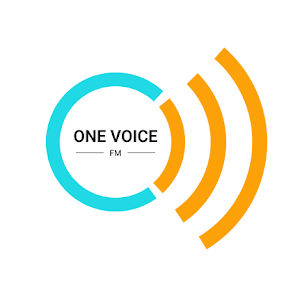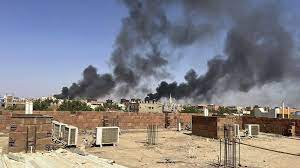While some residents initially noted relative calm on Tuesday, the first full day of the truce, others reported hearing alarming signs of conflict. The ceasefire, monitored by Saudi Arabia and the United States, aims to facilitate the delivery of humanitarian aid. However, activists have written a letter to the United Nations envoy to Sudan, expressing their grievances about severe human rights abuses against civilians during the ongoing fighting.
After five weeks of intense battles between the Sudanese army and the paramilitary Rapid Support Forces (RSF), the warring factions agreed to a seven-day ceasefire. The truce, which began at 9:45 p.m. (1945 GMT) on Monday, was expected to provide a window for aid delivery.
The ceasefire agreement, reached during talks in Jeddah, has raised hopes for a temporary halt in a conflict that has displaced nearly 1.1 million people, including over 250,000 who have sought refuge in neighboring countries. The situation has threatened to destabilize the already volatile region. A resident of Khartoum, Atef Salah El-Din, expressed the community's longing for a successful truce, allowing them to resume normal life, feel safe, and return to work.
While previous ceasefires in Sudan have been violated, this ceasefire marks the first formal agreement resulting from negotiations. The monitoring mechanism for this truce involves the army, RSF, Saudi Arabia, and the United States, which brokered the agreement.
U.S. Secretary of State Antony Blinken mentioned that the monitoring mechanism would be "remote," but provided no further details. Blinken emphasized that if the ceasefire is violated, the violators would be held accountable through sanctions and other available tools.
Although the Jeddah talks focused on ending violence and providing assistance to the Sudanese people, Blinken acknowledged that a comprehensive resolution to the conflict would require more extensive efforts.
Shortly before the ceasefire was set to commence, RSF commander Mohamed Hamdan Dagalo, also known as Hemedti, released an audio message expressing gratitude to Saudi Arabia and the U.S. while urging his troops to achieve victory, stating they would not retreat until they ended the coup.
Both sides have accused each other of attempting a power grab at the conflict's outset on April 15. The United Nations envoy to Sudan, Volker Perthes, warned on Monday about the escalating "ethnicisation" of the conflict and its potential repercussions on neighboring states. Perthes highlighted the risk of further expanding and prolonging the conflict due to its increasing ethnic nature.
Sudanese activists have written a letter to Perthes, detailing indiscriminate shelling and airstrikes on residential areas, the use of civilians as human shields, extrajudicial killings, torture, and sexual violence. The letter underscores the urgent need for intervention to protect civilians and address the worsening humanitarian situation.




No comments:
Post a Comment